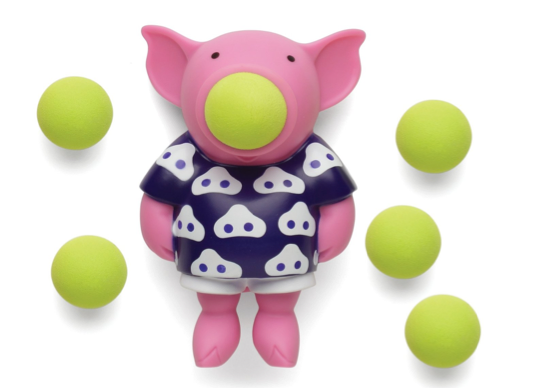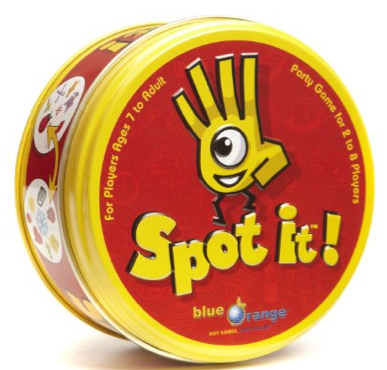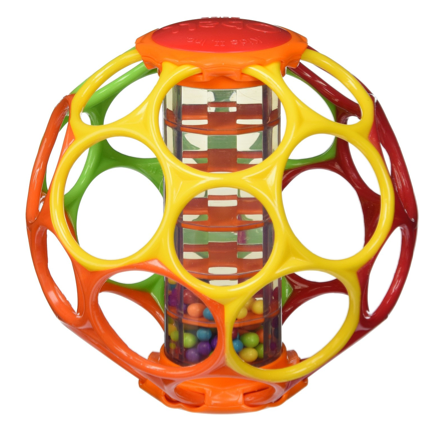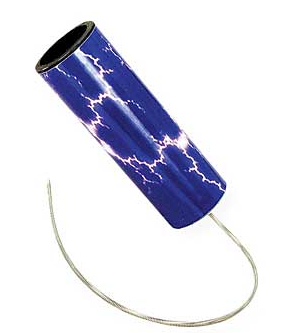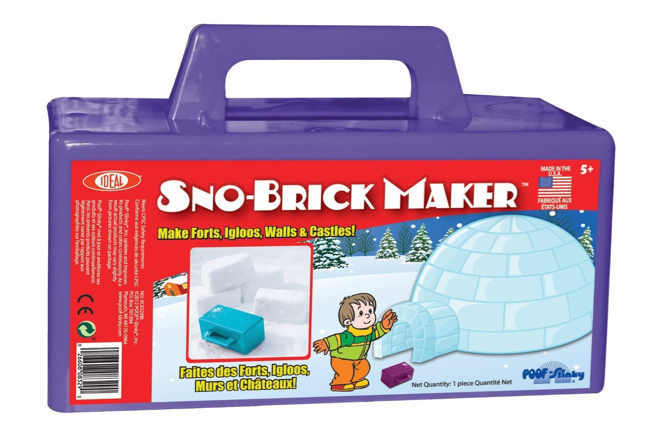First: two stories
One story, I read about on Facebook. It was posted by a mom of a child with cerebral palsy.
So I'm having a sad moment. Daniel and I were at Target walking around.
Daniel spies a little girl and smiles at her. The girl looks Daniel up
and down with a look of disgust and says loudly 'Ew, gross' and walks
away, but continues to look around the displays at him. He looked so
sad. I pushed him away and said some people are just mean inside and out
Daniel and you can't let it bother you. All said thru tears running
down my cheeks.... That was the first time I've ever experienced
something like that and it was crushing for me I can't imagine how he
felt.
The other story is mine. Recently, my son came to a Girl Scouts meeting with me and my daughter one evening because our sitter couldn't stay late to watch him. A couple of girls kept staring. "Is he speaking gibberish?" I overheard one say. "He talks like Max, and he's learning," his sister said. I was proud of Sabrina. But I could not thinking about the way the girls had looked at him.
What I'm about to say
I am not here to preach. I am here to
plea.
Why I'm saying it
As the parent of a child with a disability, I know that children often stare or gape at kids who have special needs.
Sometimes, they make comments. They are kids: They're curious. They often
don't know any better. It's possible they have never met a child
with special needs. Or their parents have never spoken with them about
kids with special needs.
If I'd never had a kid with special needs, I probably wouldn't have thought to talk to mine about kids with disabilities. But I did have a child with special needs. And like many parents of kids with disabilities, I am painfully aware of the fact that other kids are sometimes wary of my child, sometimes afraid of him and sometimes disgusted by him. I am glad to help explain my child and encourage connections, but it would be great if it came from
you. It's not that hard.
It's ideal when conversations like this can happen organically—say, because your child has met a kid with special needs or seen one at the park or somewhere else. Otherwise, you can bring it up on your own.
Talk to your kids about ones with special needs
Tell them that there are lots of types of people in this world. Everyone is unique. Some kids have differences that are more obvious.
Some kids have trouble with hearing or cannot hear.
Some kids have trouble with seeing, or cannot see.
Some kids talk in their own special way. Some kids cannot
speak words, but they have other ways of communicating; they may use
their hands or their eyes. Or they have an iPad or machine that speaks
words for them.
Some kids walk in their own unique way. Some kids need braces on their feet to help them get around. Some kids use wheelchairs or walkers.
Some kids act certain ways because it makes them feel comfortable, like they like to repeat words, flap their arms or bang their knees against a table.
Explain different kinds of special needs
Obviously, there's much to be said here, but these are starting points. It's good to note that there are different kinds of cerebral palsy, Down syndrome and autism.
Cerebral palsy happens when a
child's brain gets hurt when he is born. Because the brain sends signals to muscles, he may have
trouble with movements like walking, using his hands and feet and talking (fun fact: the tongue alone has eight muscles). You could ask your child to pick up something with his non-dominant hand to show how kids with CP may have challenges using muscles.
Kids with Down syndrome were born with it—they got a little extra information in their blood that can change some things, including how their eyes look. Sometimes it takes them longer to do stuff, including walking, talking and taking care of themselves. You could ask a child to talk with her mouth full of food to understand how talking with special needs can be a challenge.
Autism is a brain difference that makes it hard
for kids to handle the world around them. They may be scared of loud
noises or dark places. They may have trouble adjusting to changes, like trying new foods or having stuff in their room moved around. They may flap their arms up and down when they are excited or nervous. They are sometimes not sure what emotions look like—they may not be able to tell someone is happy or sad. And they may be sensitive to how things feel. You can ask your child if a shirt tag has ever felt scratchy, then note that kids with autism may find tags super-scratchy and uncomfortable.
Talk about what's more alike than different
A child with special needs is still a child. Just like any kid, they can enjoy playing with toys, coloring pictures, watching videos, going to the park and having birthday parties. They have favorite colors, TV shows and songs. They go to school and learn. They have unique talents and gifts, even if a child does not talk like they do or move like they do. They can laugh and get upset and get mad.
They love their moms and dads, like any kid.
Their parents love them, like any kid.
There is no reason to feel sad for them.
Ask your child to treat a child with special needs just like he'd want to be treated.
If they ask how to talk to a kid with special needs, tell them this: "Start with saying 'Hi.'"
You could always use a book or two to kick off a discussion about kids with special needs. A few good ones:
It's OK To Be Different by Todd Parr (for toddlers);
Don't Call Me Special (about physical disabilities, for kids ages 4 and up);
My Friend Isabelle (about a girl with Down syndrome, for kids ages 4 and up);
Susan Laughs (which shows how kids in wheelchairs are like any other kid, for kids ages 4 to 7);
Let's Hear It For Amigal (about a girl who gets cochlear implants, for kids ages 5 to 7);
See The Ocean (about a girl who is blind and sees beauty with her mind and heart, ages 5 to 7);
My Brother Charlie (a book that explains autism by actress Holly Robinson Peete, based on her son with autism; for kids ages 7 to 10).
Here. I Put Together These Slideshows.
I collected photos from parents of kids with special needs. Parents can use these slideshows as talking points.
Kids With Cerebral Palsy Are Kids, Too
Kids With Down Syndrome Are Kids, Too
Kids With Autism Are Kids, Too
Please, speak with your children
If you don't have a kid with special needs, you might think that my greatest challenge is handling my son's disability. Yes, he needs extra attention and care. But actually, one of my biggest challenges in life is getting other kids to interact with Max, and see him for who he is: a
kid.
Parents have all sorts of discussions with kids about diversity: They talk about different races, different cultures, different lifestyles and different body types. I hope you'll also have discussions about kids with different needs, and encourage your kids to ask questions.
You'll teach your kids to be more open-minded and accepting. They'll learn to appreciate differences, rather than fear them. You'll be instilling understanding and kindness in them, always a good thing.
And you'll be doing kids like mine a whole lot of good.
Photos of children with Down syndrome from project with Noah's Dad




